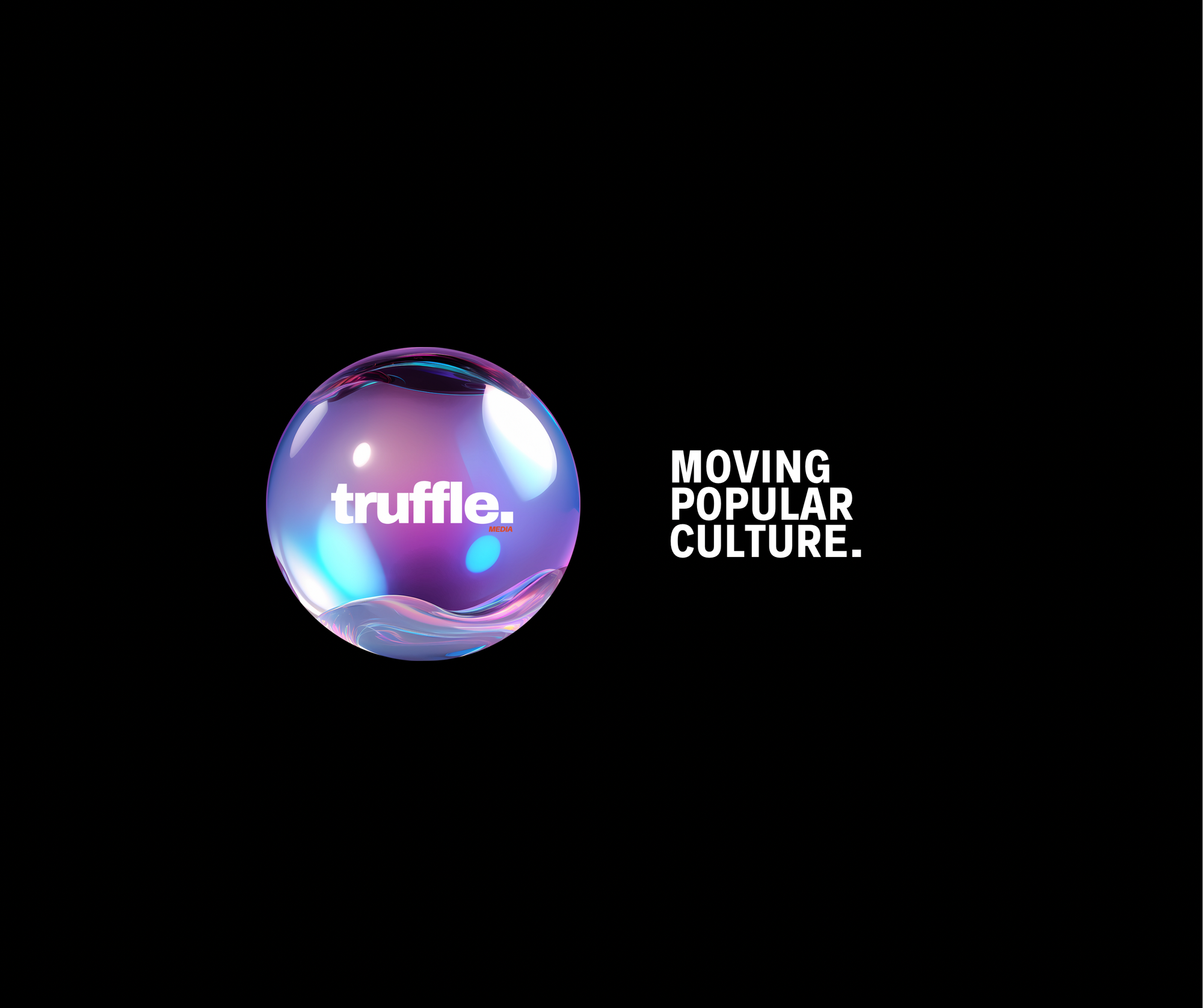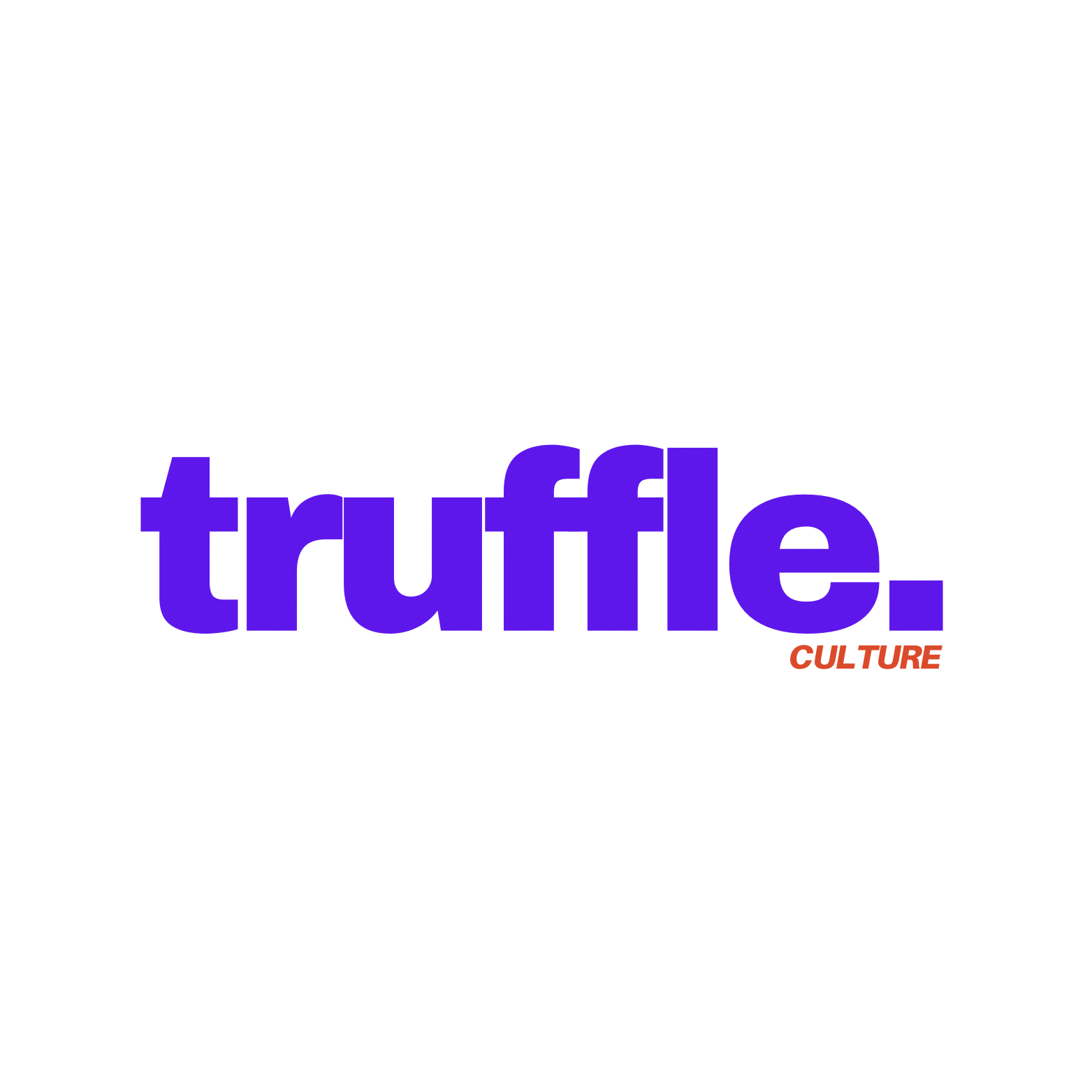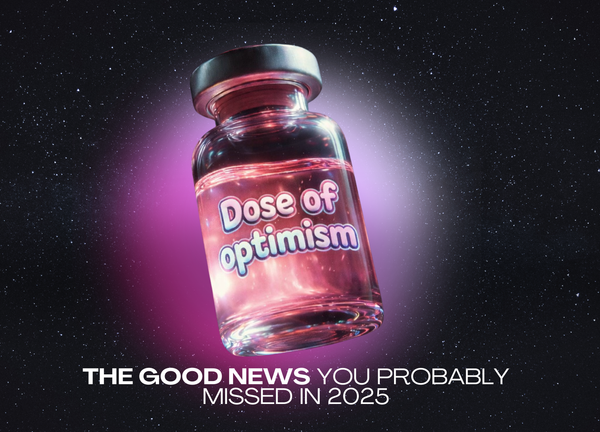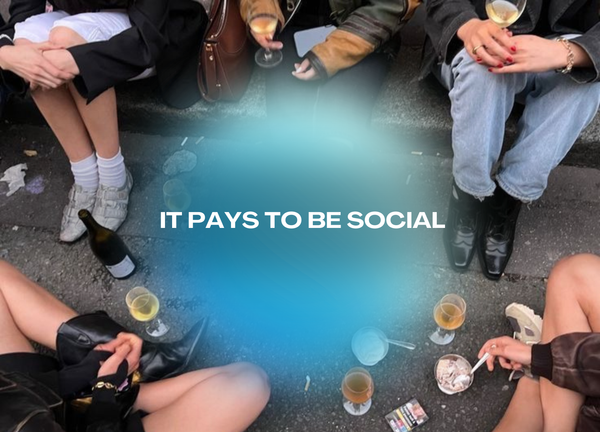Karol G’s Tomorrow Was Beautiful: A Raw Anthem of Resilience and Reinvention
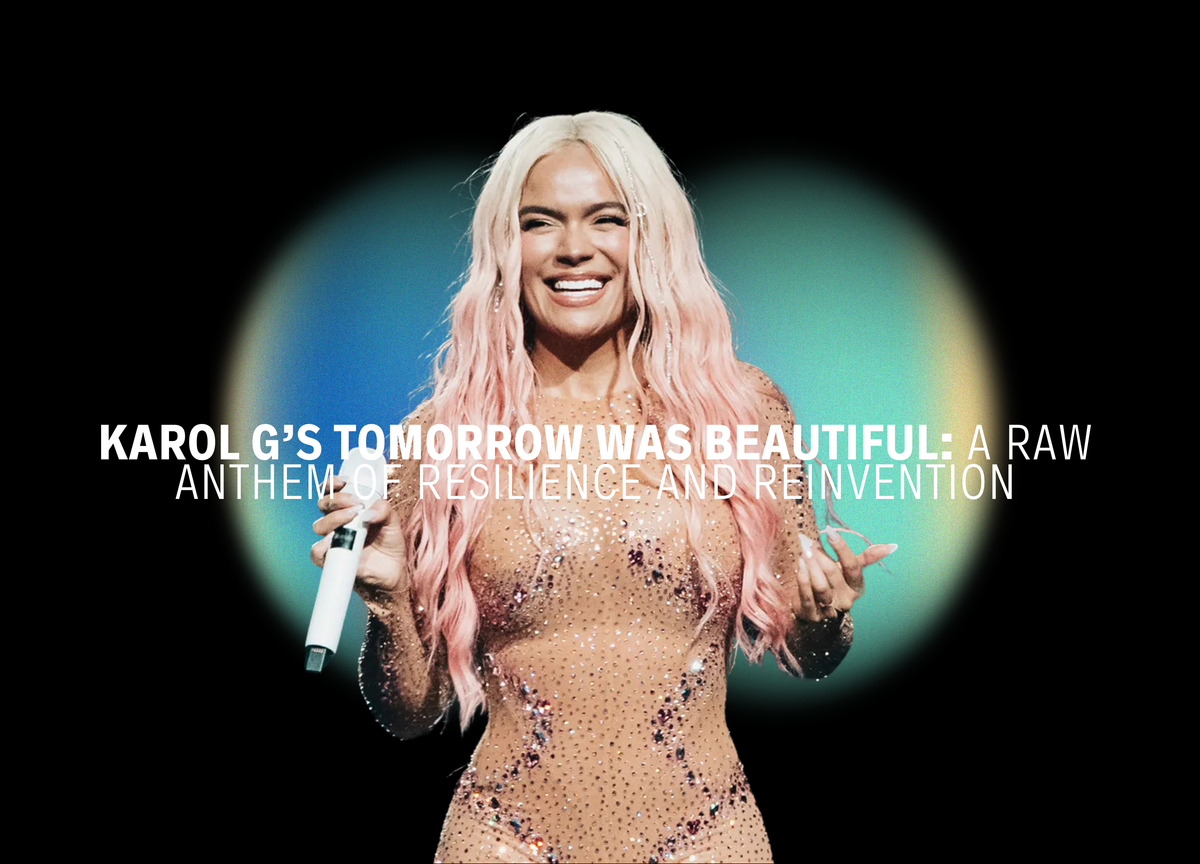
The Context
Picture a stage bathed in pink light, a steel shark rising from the floor as Karol G, La Bichota, commands a sold-out stadium with her reggaeton pulse. Now, strip away the glamour: behind the scenes, she’s wrestling self-doubt, hormonal struggles, and a past scarred by trauma. This is the heart of Karol G: Tomorrow Was Beautiful, a Netflix documentary that premiered on May 8, 2025, tracing the Colombian superstar’s rise from Medellín’s streets to global stardom. Directed by Cristina Costantini, the film captures the chaos of her record-breaking Mañana Será Bonito tour, which grossed $313.3 million and sold 2.3 million tickets, according to Billboard. X fans call it “mother feeding us,” while others praise its raw vulnerability.
But this isn’t just a tour diary. It’s a cultural testament, showcasing Karol G—born Carolina Giraldo Navarro—as a Latina who defied a male-dominated genre to redefine success. With cameos from Feid, her boyfriend and tour opener, and Becky G, her friend and collaborator, the film weaves personal and professional triumphs. At Truffle Culture, we see Tomorrow Was Beautiful as a mirror to 2025’s zeitgeist, echoing hyperpop’s chaotic rebellion and the Met Gala’s bold identities. What does Karol G’s story reveal about resilience, authenticity, and the cost of breaking barriers?
The Roots of Karol G’s Revolution
Karol G’s ascent is a masterclass in rewriting rules. Born in 1991 in Medellín, she grew up in a musical family, her father igniting her passion, as she shared on TODAY. At 14, she competed on Colombia’s The X Factor, but reggaeton—a genre blending hip-hop, Latin rhythms, and dancehall—was a boys’ club. “Being a woman was an extremely huge disadvantage,” she told ELLE, recounting early rejections. Her 2017 debut, Unstoppable, and 2019’s “Tusa” with Nicki Minaj cracked the door open, but 2023’s Mañana Será Bonito shattered it, becoming the first all-Spanish album by a woman to top the Billboard 200, per Netflix Tudum.
Her Mañana Será Bonito tour, the highest-grossing Latin tour by a female artist, was a gamble. Industry skeptics doubted a Latina could fill stadiums, yet Karol’s vision—complete with a giant shark and intricate visuals—proved them wrong. The documentary, per Rolling Stone, reveals her perfectionism, from wardrobe malfunctions to emotional breakdowns, as she strove for a flawless fan experience. Offstage, she confronted personal battles: a hormonal condition causing weight fluctuations drew cruel online criticism, and at 16, she endured sexual harassment from a manager, a trauma that nearly ended her career.
This context isn’t just personal—it’s cultural. Reggaeton, born in Panama and Puerto Rico in the 1990s, was shaped by machismo, with women often sidelined or objectified. Karol G, alongside pioneers like Ivy Queen, flipped the script, claiming “Bichota” (a feminized “big shot”) as an anthem of empowerment. Her pivot from pink hair to natural brown, as noted by Hypebae, signals a deeper reinvention, a return to authenticity in a genre often glossed by spectacle. Like hyperpop’s queer defiance or Gen Z’s wellness ethos, Karol’s story is about reclaiming space in a world that says you don’t belong.
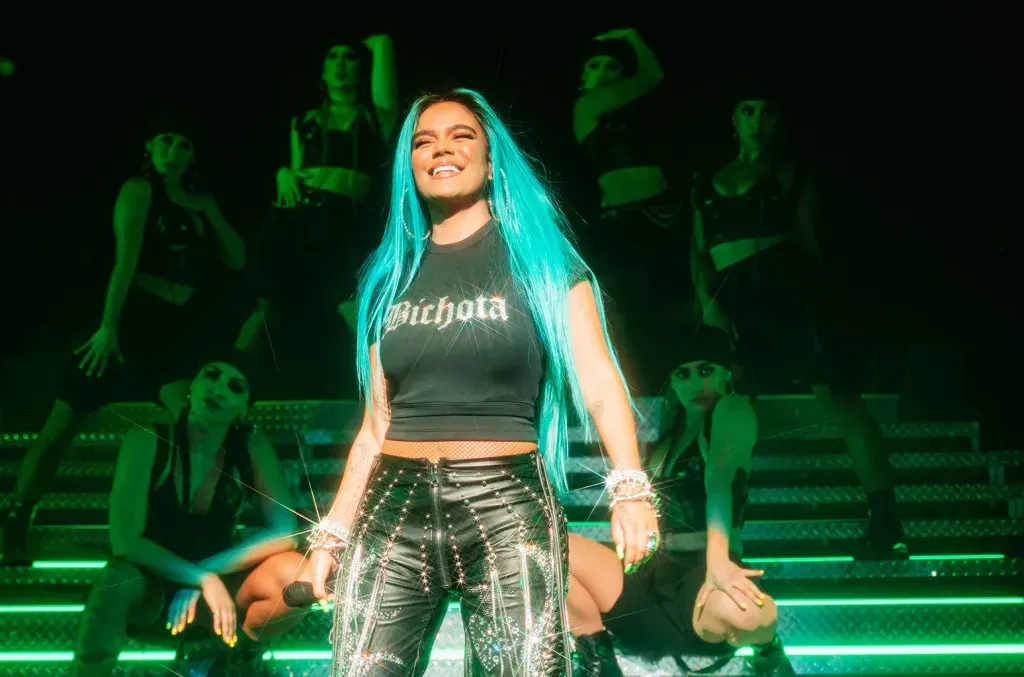
The Critique: Triumph or Burden of Vulnerability?
Tomorrow Was Beautiful is a triumph of transparency. Karol G bares it all: her breakup with Anuel AA fueled Mañana Será Bonito’s raw emotion, per Los Angeles Times; a near-fatal 2024 plane incident heightened her urgency to create; and her tribute to Selena Quintanilla, with a cameo from Selena’s sister Suzette, cemented her cultural reverence. The film’s cameos—Shakira, Becky G, Feid, producer Ovy on the Drums—ground her in a Latin music community, while her romance with Feid, detailed in Rolling Stone, adds warmth, their shared values forging a “beautiful relationship.” X posts celebrate the tour’s record-breaking scale, framing Karol as a trailblazer for Latinas.
Yet, vulnerability comes at a cost. Karol admits to Rolling Stone that sharing “super personal” traumas—like the harassment or her fear of dying young, akin to Selena—was daunting. Cultural critic bell hooks might argue that such openness risks exploitation, turning pain into spectacle for a voyeuristic audience. The documentary’s focus on Karol’s struggles—hormonal issues, industry sexism—could reinforce stereotypes of women as “emotional” rather than strategic, even as she proves her business acumen. And while the film empowers, its Netflix sheen, produced by This Machine and Interscope Films, risks commodifying her story, much like hyperpop’s corporate playlists dilute its rebellion.
At Truffle Culture, we argue Karol G’s documentary is both a beacon and a burden. It’s a beacon for Latinas, showing resilience can topple barriers, from Medellín to the Grammys. But it’s a burden when authenticity becomes a performance, demanding constant exposure to prove humanity. The challenge is ensuring her story inspires without reducing her to a narrative of suffering. Grassroots fan communities, like those on X, and Latin music collectives can amplify her legacy beyond the streaming algorithm.
The Conversation: Who Owns the Bichota’s Story?
Tomorrow Was Beautiful is 2025’s cultural touchstone, a raw portrait of a woman who turned “no” into history. Like the Met Gala’s defiant style or hyperpop’s sonic chaos, it’s about crafting identity against odds. Karol G’s choice to show Carolina—flawed, fierce, human—mirrors our analog resurgence, prioritizing truth over polish. But it raises questions: Can vulnerability coexist with power in a world that commodifies both? How do we honor trailblazers without boxing them into their pain?
Her story is a call to rethink success—not as perfection, but as persistence. As reggaeton’s global reach grows, with Karol G leading the charge, her journey could reshape the genre’s narrative, centering women’s voices. At Truffle Culture, we see this as a moment to celebrate resilience while questioning who controls the frame—Karol, Netflix, or the fans who chant “Bichota” worldwide.
Join the Dialogue
Karol G’s Tomorrow Was Beautiful is a love letter to dreamers, a testament to rising above doubt. But is it a revolution or a packaged triumph? At Truffle Culture, we’re moved by La Bichota’s courage and curious about its impact. What does Karol’s story spark in you—hope, defiance, or something else? Share in the comments, and let’s unpack what this moment means for the culture we’re shaping together.
